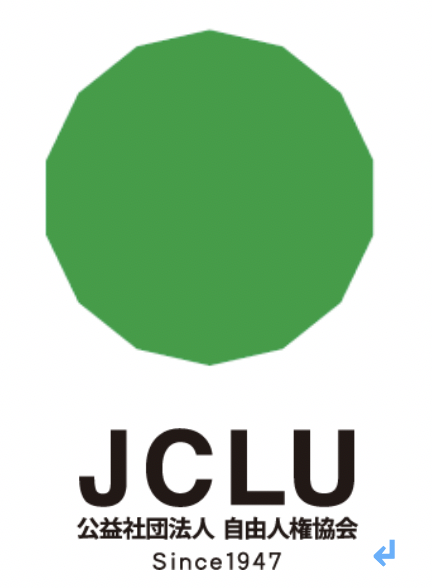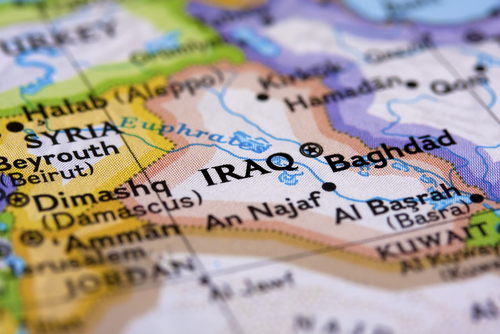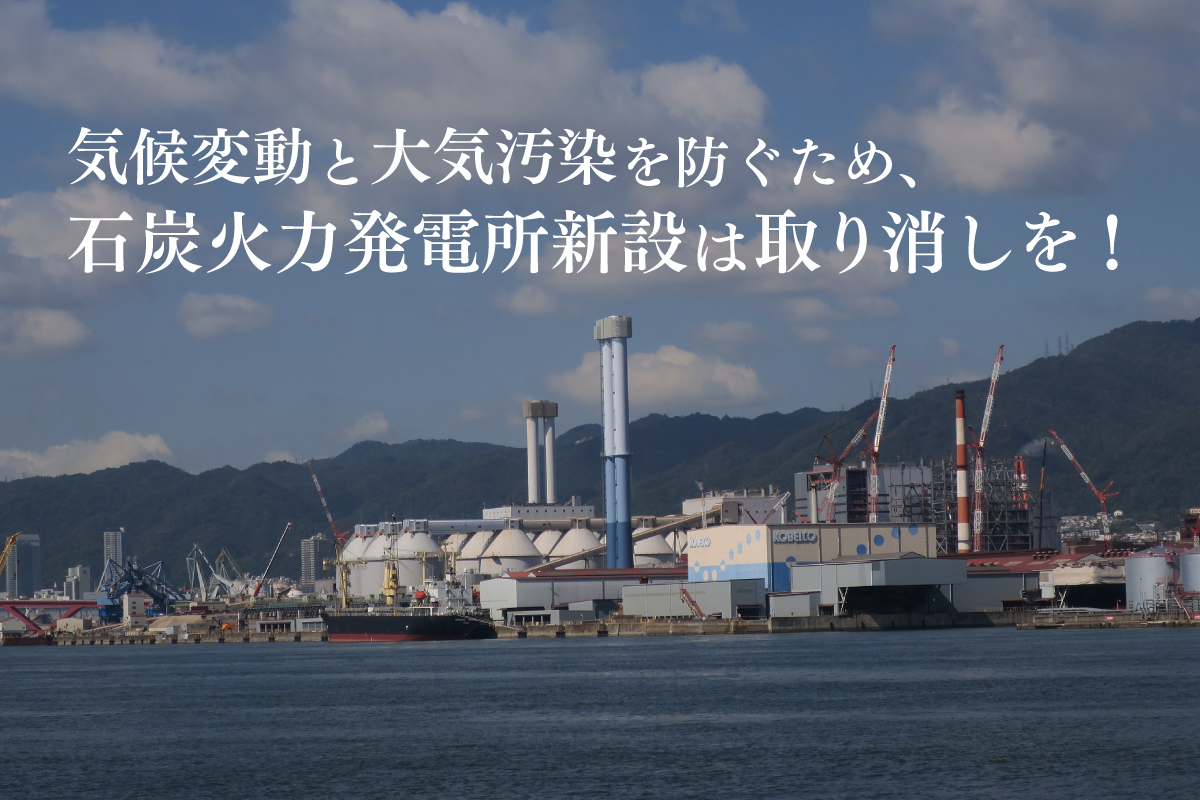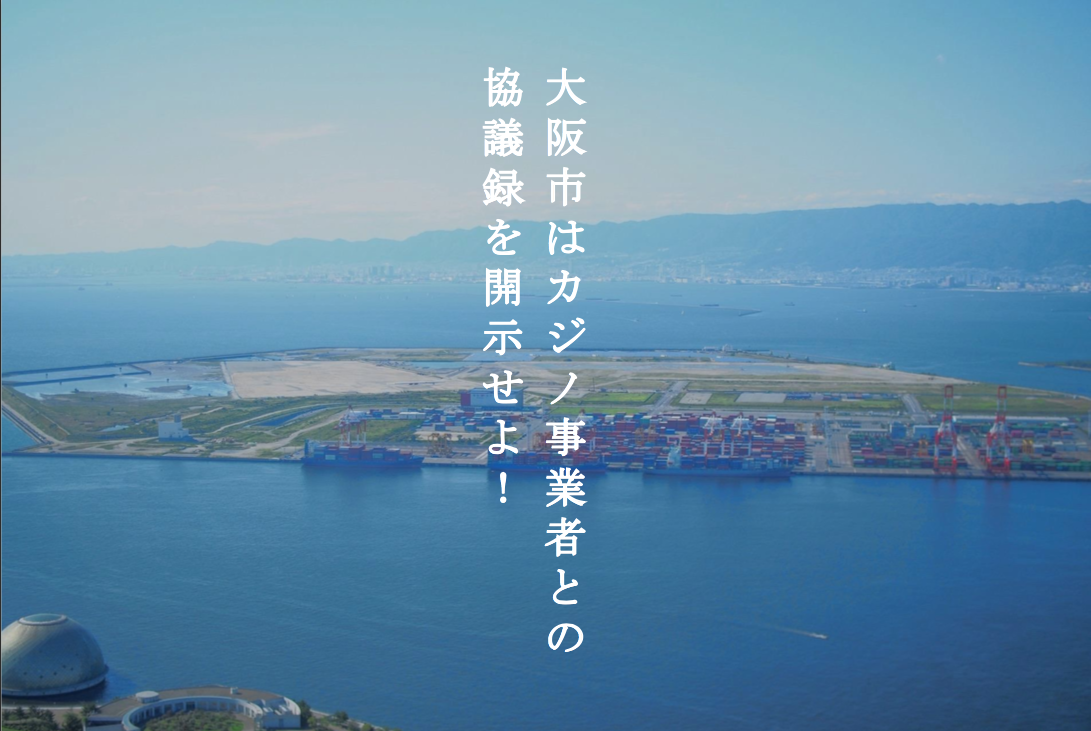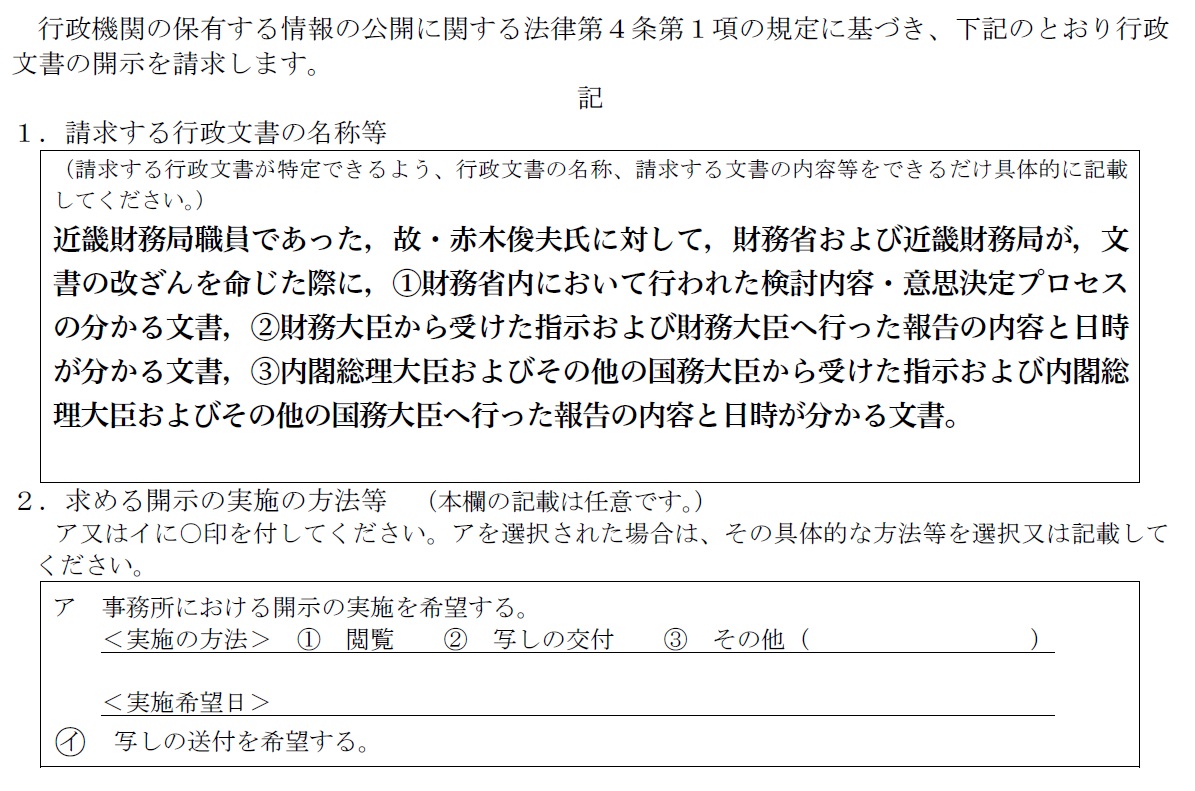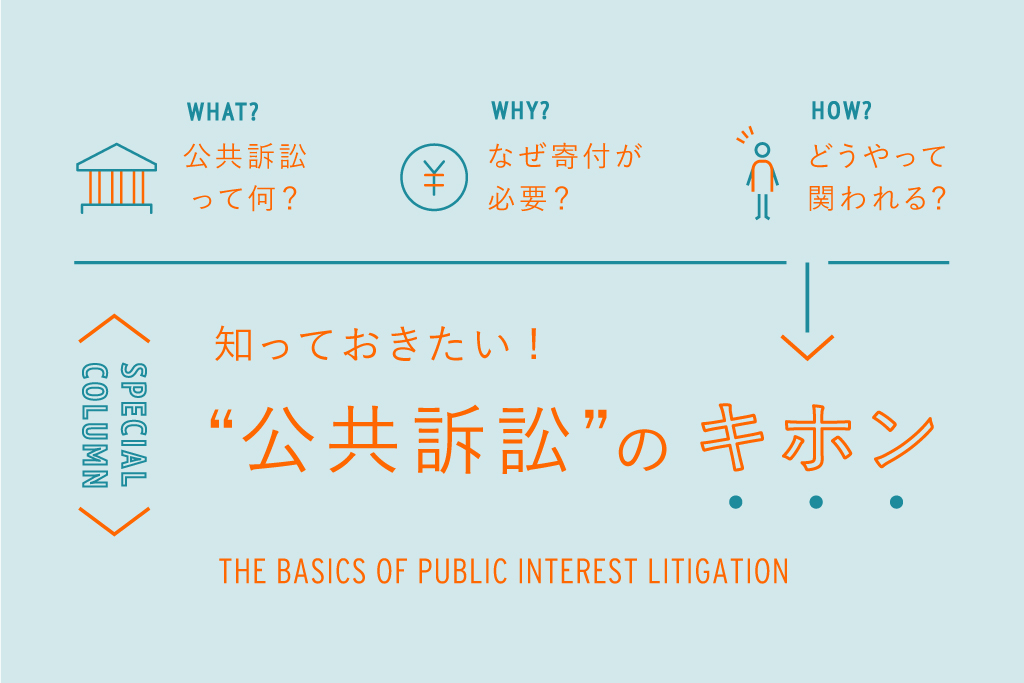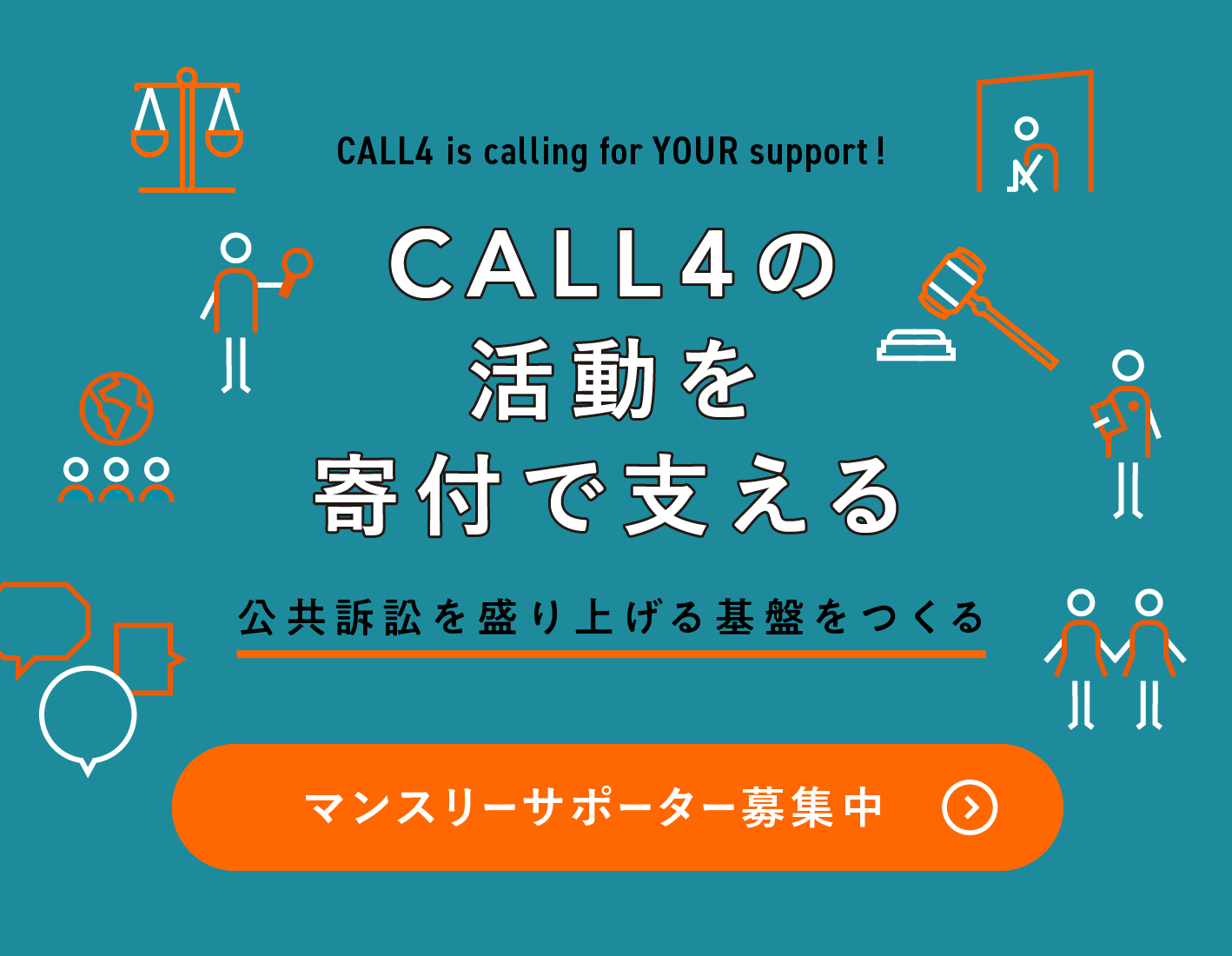日米合同委員会議事録情報公開訴訟【アーカイブケース】 Japan-US Joint Committee Minutes Information Disclosure Proceedings [Archive Case]
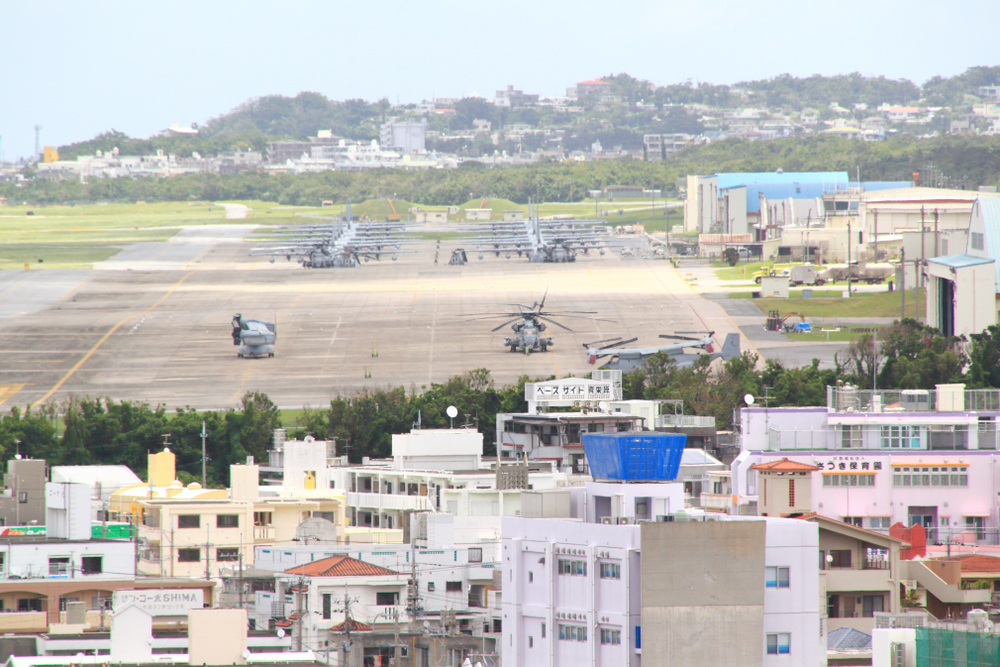
日米合同委員会の議事録非公開の根拠とされる日米双方の合意により非公表とするとの取り決めについて、情報公開請求で不開示となったため提訴しましたが、のちに取り決め部分は国が別訴訟で証拠提出して公開状態になっていたことが判明しました。そこで、当初の不開示決定が違法であるとして国家賠償請求に変更して争った事件です。
※この事件は、訴訟資料アーカイブプロジェクトの対象事件です。訴訟はすでに終結しています。
Regarding the agreement that the minutes of the Japan-US Joint Committee will not be disclosed due to the agreement between Japan and the United States, which is the basis for non-disclosure, a lawsuit was filed because it was not disclosed in the information disclosure request, but the government later filed a lawsuit. It turned out that the evidence was submitted in another lawsuit and was in a public state. Therefore, it was a case in which the initial non-disclosure decision was changed to a national compensation claim because it was illegal.
【アーカイブプロジェクト No.0005】
※このケースに対する寄付は、当時、裁判を支援したJCLUに支払われます。
(1)訴訟の背景
日米地位協定の下に設置されている日米合同委員会は、日米双方の合意がない限り議事録等を公表しないとの取り決めがあるとされています。また、公表される議事録は公表用に作成されたものであるともされています。
そのため、これまで情報公開請求に対して、すべて不開示となっており、これらの不開示決定に対して、これまでも様々な請求者が不服申立てを行っていますが、情報公開・個人情報保護審査会は一貫して、不開示妥当と答申しています。
(2)情報公開請求の理由
このように、日米合同委員会で日米双方の合意がない限り議事録等を公表しないとの取り決めがあることによって、それを覆して公開することは日本の外交・安全保障上に支障を及ぼすという理由で、議事録などの情報が非公開と判断され、その判断が固定化されています。
この淵源は、1960年の日米合同委員会での日米双方の合意がない限り非公表、さらには1952年の行政協定時代の日米合同委員会での同様の合意にあることは明らかです。いずれも50年以上前の合意内容であり、その後日米双方で情報公開法が制定・運用され、情報公開に対する社会の認識も変わっている中、どのような合意内容であるのかを明らかにする必要があると考えました。そこで、この「日米双方の合意がなければ非公表」と合意している議事録の一部を特定して情報公開請求をしました。しかし、1960年議事録は全部不開示、1952年議事録は不存在となりました。
(3)提訴の理由
日米合同委員会に関する情報は、公表とされているもの以外は非公開とすることで情報公開・個人情報保護審査会の判断が固定化されています。そこで、不服申立てでは進展が見込めないと考え、不服申立ても並行して行いつつ、これまで日米合同委員会の議事録関係での情報公開訴訟はないことから、訴訟を提起することにしました。
全部不開示となった1960年議事録のうち、双方の合意がない限り公表しないという趣旨のわかる部分は、正確な文言は確認できないものの、どのような内容が書いてあるのかはすでに公の文書で明らかなものです。しかも日米双方が合意しないと公表しないという合意は、安全保障や外交上の政策そのものとは関係のないことです。このような情報が、外交・安全保障上の支障を理由に全部不開示となることは、明らかに広すぎる非公開範囲です。日米双方で公表に合意していないことを理由に、このような情報を不開示とするのは、明らかにおかしいと考えています。
また、1952年の該当議事録は不存在とされていますが、過去の審査会答申でその存在が確認できるもので、ないこと自体が本来はあってはならないものです。外務省に口頭で確認したところでは、廃棄や歴史文書としての移管が行われているわけではないとの説明を受けていますが、公文書管理のあり方として疑問があります。
以上のことから、情報公開クリアリングハウスがJCLUの支援を受けて本訴訟の提起に至りました。
(4)国家賠償請求への訴えの変更・文書提出命令申立て
提訴後、外務省が不開示とした文書と同一文書が、国が原告として沖縄県を訴えた別件訴訟で証拠提出されていたことがわかり、この別件訴訟の証拠を本訴訟の証拠として提出したところ、外務省は決定変更し、不開示としていた議事録の請求対象部分を公開する決定変更を行いました。
これを受けて情報公開クリアリングハウスは訴えを変更し、当初の外務省による不開示決定の判断が違法で注意義務に違反していたとして、国家賠償請求に訴えを変更し、係争していました。係争する中で、当初の情報公開クリアリングハウスに対する不開示決定前に国がアメリカ側にメールで確認を行い、議事録の公開に同意が得られなかったため、不開示に過失はないと被告国が主張したことから、そのような根拠となるメールの提出を求めました。国が根拠とするメールは、別件訴訟で証拠提出していながら、情報公開クリアリングハウスの請求に対して同文書を開示しないと国が判断するに至った核心的文書です。しかしながら、メールの裁判所への提出について米側の同意が得られなかったため提出しないと国が陳述書を提出したため、メールを対象とする文書提出命令を申し立てました。情報公開訴訟で国賠請求とはいえ文書提出命令の申し立ては、類例がほとんどないものと思われます。
(5)インカメラ手続の実施決定
文書提出命令を出すか否かを判断をするために、 情報公開クリアリングハウスが提出を求めているメールの確認が必要と裁判所が判断し、メールの提示命令を出しました。メールに対するインカメラ手続(裁判所だけが非公開文書を実際に見て審理をすること)の実施について、被告国は、意見書面でインカメラ手続の必要がないこと、また、日米合同委員会民間裁判管轄権分科委員会の米側共同議長の米空軍大佐による覚書を証拠として提出し、「米国政府が、日米両政府間の内部調整に萎縮効果を及ぼすことを防ぎ、在日米軍の安定的な駐留を維持するためなどの理由から、日本の司法システムに対する信頼と経緯を前提としても、インカメラ手続の実施には強く反対する旨の意思表示をしている」(被告国意見書面)との主張を行いました。
(6)突然の国の国家賠償請求認諾
その後、弁論準備手続において裁判所がインカメラを実施する意向を示しました。するとその次の弁論準備手続期日において、国は突然、賠償責任を認めました。これは、訴訟で予定されていた日米間のメールの内容を裁判官が閲覧するインカメラ手続を回避するためだったとみられます。国が裁判の途中で「敗訴」を受け入れるのは極めて異例です。判決文で国の違法性が認定される可能性もなくなり、司法軽視で容認できないことです。
国の認諾により訴訟の国賠訴訟部分は終結し、1952年の議事録の開示についての訴訟だけが残りましたが、その部分に対する判決は原告側敗訴となりました。
[Archive Project No.0005]
* Donations for this case will be paid to JCLU, which supported the trial at that time.
* This case is the subject of the Proceedings Archive Project. The proceedings have already ended.
(1) Background of the proceedings
The Japan-US Joint Committee, which is established under the Japan-US Status of Forces Agreement, is said to have an agreement not to publish the minutes, etc. unless there is an agreement between Japan and the United States. It is also said that the minutes to be published were prepared for publication.
Therefore, all requests for information disclosure have not been disclosed so far, and various claimants have filed complaints against these non-disclosure decisions, but information disclosure and personal information The Conservation Review Board consistently reports that non-disclosure is valid.
(2) Reason for requesting information disclosure
In this way, the Japan-US Joint Committee has an agreement not to publish the minutes, etc. unless there is an agreement between Japan and the United States, and overturning it and disclosing it will hinder Japan's diplomacy and security. Information such as minutes is judged to be private because of the effect, and the judgment is fixed.
It is clear that this source is undisclosed unless there is an agreement between Japan and the United States at the Japan-US Joint Committee in 1960, and even a similar agreement at the Japan-US Joint Committee during the 1952 administrative agreement . .. Both are the contents of the agreement more than 50 years ago, and after that, the Information Disclosure Law was enacted and operated in both Japan and the United States, and the public perception of information disclosure is changing, so we will clarify what kind of agreement it is. I thought it was necessary . Therefore, we specified a part of the minutes that we agreed to be "not disclosed without mutual agreement between Japan and the United States" and requested information disclosure . However, all the minutes of 1960 were not disclosed, and the minutes of 1952 were absent .
(3) Reason for filing
Information on the Japan-US Joint Committee is not disclosed except for those that are publicly disclosed, so that the judgment of the Information Disclosure / Personal Information Protection Examination Committee is fixed. Therefore, considering that progress cannot be expected from the complaints, we have filed a proceeding in parallel with the complaints, as there have been no information disclosure proceedings related to the minutes of the Japan-US Joint Committee . Did.
Of the minutes of the 1960s, which were all undisclosed, the exact wording of the part that can be understood that it will not be published unless both parties agree, but what kind of content is already written is a public document. It is obvious in. Moreover, the agreement that Japan and the United States do not announce unless they agree has nothing to do with security and diplomatic policies themselves. It is clearly too broad a non-disclosure range for all such information to be undisclosed due to diplomatic and security obstacles. I think it is clearly strange to not disclose such information because both Japan and the United States have not agreed to publish it.
In addition, although the relevant minutes of 1952 are said to be nonexistent, their existence can be confirmed by past examination committee reports, and the fact that they do not exist should not be true. I have been verbally confirmed by the Ministry of Foreign Affairs that it has not been discarded or transferred as a historical document, but there are doubts about how official documents should be managed.
Based on the above, Access-Info Clearinghouse has filed this proceeding with the support of JCLU.
(4) Change of action for national compensation claim / petition for document submission order
After the suit was filed, it was found that the same document as the document not disclosed by the Ministry of Foreign Affairs was submitted in a separate proceeding in which the government sued Okinawa Prefecture as a plaintiff, and the evidence in this separate proceeding was submitted as evidence in this proceeding. However, the Ministry of Foreign Affairs changed the decision and made a decision change to disclose the requested part of the minutes that had not been disclosed .
In response to this, the Information Disclosure Clearinghouse changed the proceedings , and changed the proceedings to the state compensation claim, saying that the original decision of non-disclosure decision by the Ministry of Foreign Affairs was illegal and violated the duty of care, and has been in dispute. rice field. During the dispute, the state confirmed by e-mail to the United States before the initial decision not to disclose the information disclosure clearinghouse, and since consent was not obtained for the disclosure of the minutes, the defendant country said that there was no negligence in the non-disclosure. Requested the submission of such a supporting email because of the allegations made by. The state-based email is the core document that led to the state's decision not to disclose the document in response to the Information Disclosure Clearinghouse request, even though the evidence was submitted in a separate proceeding. However, because the government submitted a statement that the US did not agree to submit the email to the court, it filed an order to submit a document for the email . Although it is a state redress claim in a discovery lawsuit, it seems that there is almost no example of a petition for a document submission order.
(5) Decision to implement in-camera procedure
In order to decide whether or not to issue a document submission order, the court decided that it was necessary to confirm the email requested by the Information Disclosure Clearinghouse, and issued an email presentation order. Regarding the implementation of in-camera procedures for emails (only the court actually sees and hears private documents), the defendant country does not need to carry out in-camera procedures in writing, and the Japan-US Joint Committee private sector He submitted a memorandum of understanding by the U.S. Air Force Colonel, the U.S. Co-Chair of the Jurisdiction Subcommittee, as evidence. For reasons such as maintaining a stable presence, we have expressed our intention to strongly oppose the implementation of the in-camera procedure, even on the premise of trust and background in Japan's judicial system. " ) Was made.
(6) Sudden approval of national compensation claim
After that, the court indicated its intention to carry out an in-camera in the preparatory proceedings. Then, on the next due date for the preparatory proceedings, the government suddenly acknowledged liability. It seems that this was to avoid the in-camera procedure in which the judge viewed the contents of the email between Japan and the United States scheduled in the proceedings. It is extremely unusual for a country to accept a "loss" in the middle of a trial. There is no possibility that the sentence will find the illegality of the country, and it is unacceptable with disregard for the judiciary.
The state redress part of the proceeding was terminated by the approval of the state, and only the proceedings regarding the disclosure of the minutes of 1952 remained, but the judgment on that part was defeated by the plaintiff.
The Japan Civil Liberties Union (JCLU) is a public interest association which aims to protect and promote human rights for all persons regardless of beliefs, religion or political opinion. JCLU’s work is conducted in accordance with internationally recognized human rights principles, namely the Universal Declaration of Human Rights.
あなたにおすすめのケース Recommended case for you
- 外国にルーツを持つ人々 Immigrants/Refugees/Foreign residents in Japan
- ジェンダー・セクシュアリティ Gender/Sexuality
- 医療・福祉・障がい Healthcare/Welfare/Disability
- 働き方 Labor Rights
- 刑事司法 Criminal Justice
- 公正な手続 Procedural Justice
- 情報公開 Information Disclosure
- 政治参加・表現の自由 Democracy/Freedom of Expression
- 環境・災害 Environment/Natural Disasters
- 沖縄 Okinawa
- 個人情報・プライバシー Personal information/Privacy
- アーカイブ Archive
- 全てのケース ALL
